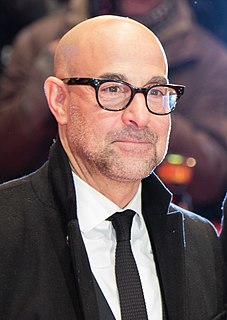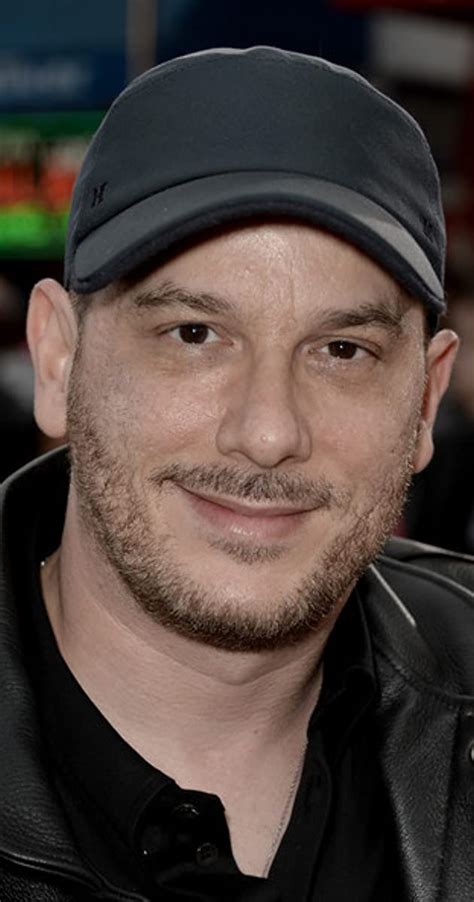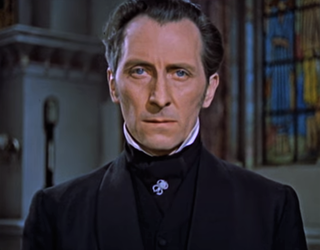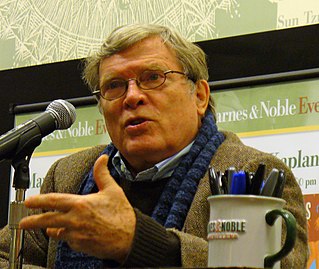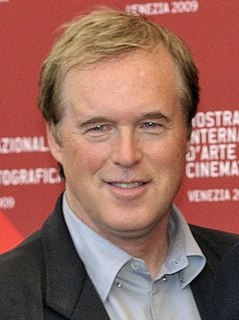A Quote by Mike Leigh
I know, that trends and all of those things and formulae that calculate what audiences want to see and what audiences don't want to see and various other demographic demarcations are the eccentric and ludicrous prerogative of Hollywood studios. But out there in the real world - by which I mean the rest of the world where we make truthful organic films, independent films unimpeded by interference - it's not about all those sort of calculating what is commercial. It's about wanting to say things and saying them in a way that will get through to people.
Quote Topics
About
Audiences
Calculate
Calculating
Commercial
Demographic
Eccentric
Films
Get
Hollywood
Hollywood Studios
Independent
Independent Film
Independent Films
Interference
Know
Ludicrous
Make
Mean
Organic
Other
Out
People
Prerogative
Real
Real World
Rest
Say
Saying
See
Sort
Studios
The Real World
Them
Things
Those
Through
Trends
Truthful
Various
Want
Wanting
Way
Which
Will
World
Related Quotes
[Hollywood] studios are handing out money to make independent films now, but they all want the same thing. They want the style and the deadpan delivery of RESERVOIR DOGS or FARGO and so they imitate those movies. They want PULP FICTION, but they get it all wrong! They get the detachment, but that's it. And then it's all about style, and in the end what do you learn about the characters? Nothing. You learn you wasted two hours.
There are things about the South - the politics, the classism, the racism - that I hate, and I want to be here to fight those things. I don't want to be in California or Michigan just complaining about them. I'm here trying to make a difference in the way I can, writing about it. And I want younger people, especially kids from my community, to see that being successful doesn't have to mean leaving a place like this. You don't have to trade in your family or your sense of belonging for that.
I do not make films which are prescriptive, and I do not make films that are conclusive. You do not walk out of my films with a clear feeling about what is right and wrong. They're ambivalent. You walk away with work to do. My films are a sort of investigation. They ask questions . . .. Sometimes I hear that some [Hollywood] studio is interested in me. Then they discover that this is the guy who works with no script, that there is no casting discussion, no interference, that I have the final cut, and that does it.
There are two aspects to making movies: One is the feeling of wanting to push myself into stuff that I don't know how to do. Then there's the other impulse to try and earn a living. I want to be careful about not confusing those too much - not that those things can't have a healthy overlap. Plenty of people start out making work that isn't terribly commercial, and then make work that's more commercial but still good. You just want to watch out for that thing where you tell yourself that you're doing your best work when you're not.
I often find in the film world, that it's very self-referring. If you talk to someone about films, they talk about them in terms of other films - rather than as something that happened to them in their life. And I'm really keen to get back to film as a reference to real things, not necessarily to other films.
I've stopped going to see art films because every critic gives them four stars and say things like 'masterpiece,' 'spellbinding' and 'mesmerizing.' I mean, they're doing that with my film, but I don't want to use those blurbs. Critical reviews aren't worth too much anymore because just about every film can get one or two of them.
Conversations about films are always funny. I would say a majority of people want to talk about what were the more obvious successes; the big box office films. Other people wanting to be more sensitive to you want to talk about the ones that maybe didn't make a lot of money, but they think you might have a special feeling about. And then other people sometimes want to help you by suggesting that you should have done this or that in the movie, that that would have helped you a great deal in whatever capacity.


